Deep beneath the ocean’s surface, scientists have installed a variety of research equipment – for example, special hydrophones to record the sounds the sea makes. Yes, if you thought that everything was quiet underwater, you were definitely wrong. Many sea creatures make different sounds – and a special place among these animals is occupied by whales and their famous “songs.”
Blue whales – the largest animals that have ever existed on our planet, are no exception. For centuries, the ocean has been filled with their songs, produced for communication, mating games, navigation – and for other purposes. But today, scientists are ready to sound the alarm – it turns out that over the past decade, whales have nearly gone silent. But why?
Blue whales have been singing their songs in the ocean for centuries – but have decreased their number in recent years
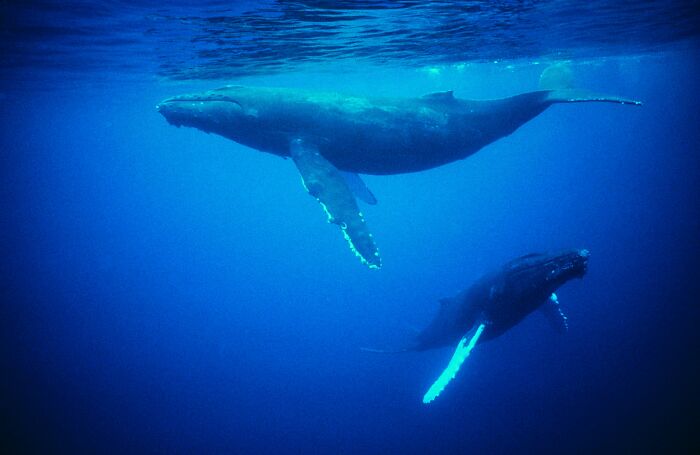
Image credits: Getty Images / Unsplash (not the actual photo)
Scientists found that during the recent 6 years, the number of whale songs has decreased by a stunning 40%
Whales and dolphins use special sounds to communicate, because in the water, relying solely on vision is not very convenient. Toothed whales and dolphins usually make clicking sounds of varying volumes, but toothless whales – which include blue whales, too – make various sounds with their throats.
It is still not entirely clear how they actually do this – after all, they don’t have so-called “phonic lips,” like toothed whales, nor vocal cords – so when whales sing, they don’t exhale air. But the fact remains that over the decades, scientists have recorded many different whale songs – and now their number has sharply decreased.
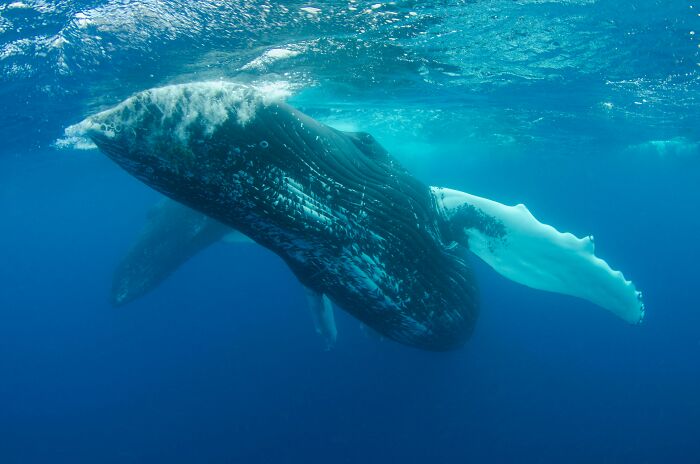
Image credits: Ben Phillips / Pexels (not the actual photo)
Scientists from the Monterey Bay Aquarium Research Institute in California, as a result of a long-term study, recorded a shocking forty percent decrease in the number of blue whale songs. Further research was needed to understand what the reason was. As is often the case lately, the main problem lies in climate change.
From 2013 to 2016, oceanographers observed a large patch of abnormally warm water in the North Pacific Ocean, dubbed “The Blob.” In fact, it was the first observed example of the marine heatwave, which increased the ocean temperature over a large area by more than 4.5 degrees Fahrenheit. The result was a sharp decline in the population of krill, the main food source for blue whales.
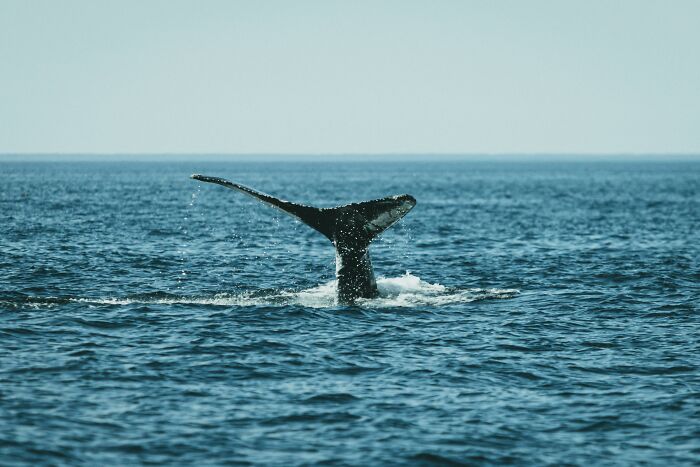
Image credits: Jonathan Cooper / Pexels (not the actual photo)
The main reason was the marine heatwave in the mid-10s, which knocked down the population of krill – blue whales’ main food
As we’ve already written, blue whales don’t have teeth, and they feed by filtering tons of water through their mouths, and thereby retaining, with the help of the whalebone, tiny shrimp-like creatures, collectively known as krill.
But krill are very sensitive to changes in water temperature, and The Blob really knocked down their numbers. Accordingly, blue whales faced a decrease in the amount of food in the ocean, and it took them more time and wandering to simply get full.
“When you really break it down, it’s like trying to sing while you’re starving,” National Geographic quotes John Ryan, a biological oceanographer at the Monterey Bay Aquarium Research Institute. “They were spending all their time just trying to find food.” The more monotonous the whales’ diet, the less inclined they are to sing.
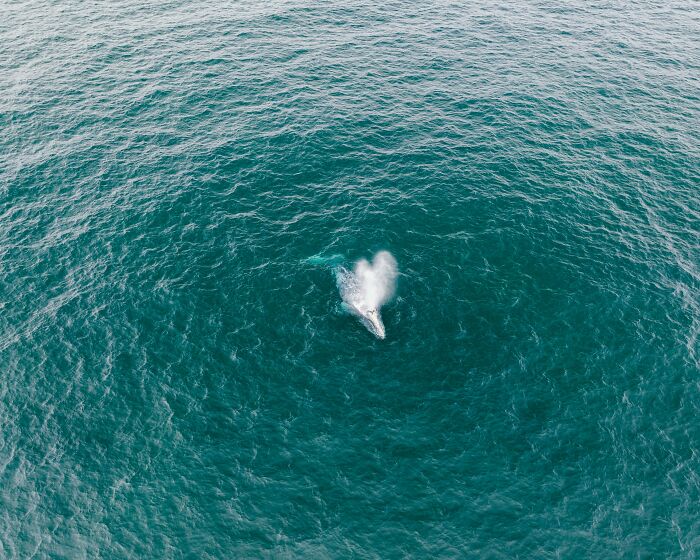
Image credits: Josh Withers / Pexels (not the actual photo)
So the whales, instead of just swimming and singing, have to just roam across the ocean searching for more food
So, if humpback whales, which have several equivalent sources of food, were able to “rebuild it” and continue to sing their songs in the usual volumes, then blue whales and fin whales, whose diet is almost entirely based on krill, increasingly just went silent – a phenomenon that many researchers consider truly frightening.
The whole point is that the changes occurring on our planet every year are reflected in the ocean and its inhabitants almost more dramatically than on land. So blue whales, which are increasingly less likely to fill the depths of the sea with their songs, in a desperate search for an opportunity to feed themselves and their offspring, are just another frightening sign that nature gives to humanity.
Many people in the comments were also quite pessimistic about everything that is happening, believing that the blue whales going more and more silent is just another facet of the complex issue. “The worst part of living now is being a witness to the demise of nature,” one of the responders wrote sadly yet reasonably.
And yet, according to netizens, the main reason for everything that is happening to the planet today is people and our activity, which is far from always being useful and creative. “We made a mistake of making god in our image and not realizing he or she is all around us instead” – it will probably be difficult to disagree with this comment. Isn’t it true, our dear readers?
People in the comments were quite pessimistic, presuming that it was the destructive activity of humans that caused all this



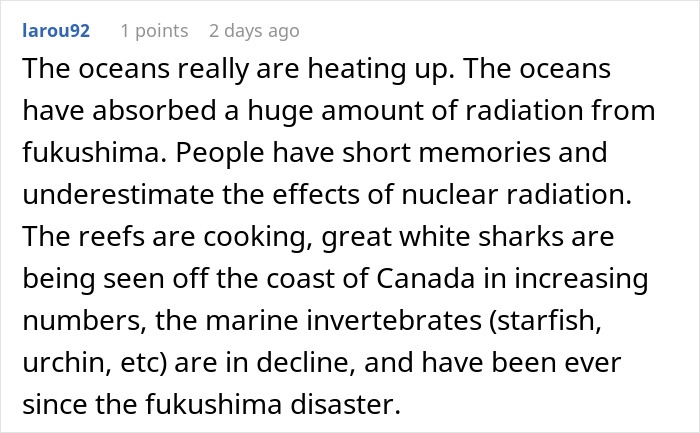
















 Follow Us
Follow Us





